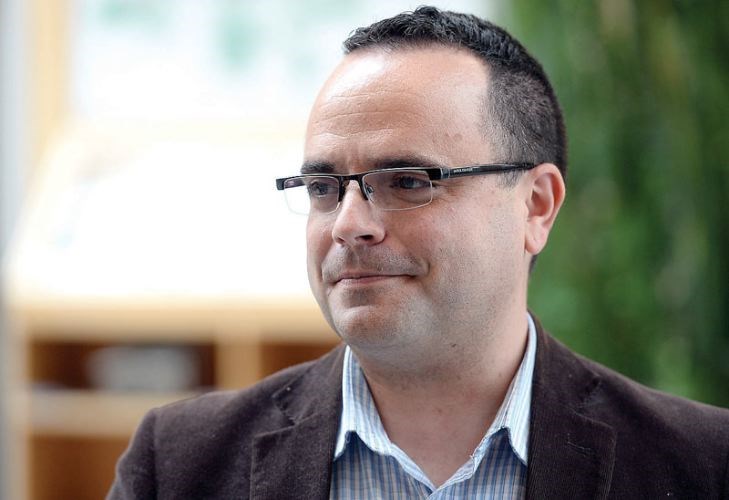In Liberia, the story of Ebola can be told in spaces: in the distance humans must keep from each other for fear of infection and in the homes that now lie vacant, their inhabitants victim to the outbreak that has ravaged West Africa.
“We were forbidden to have any contact with one another at all. People would almost leap back if you made a gesture like you were going to offer your hand,” said Greg Thomas-Reilly, who returned to Prince George in late December from Liberia after a six-week stint as a public health worker.
Thomas-Reilly, who is on a six-month leave from his position as an assistant professor of nursing at the University of Northern B.C, is no stranger to infectious diseases.
He’s devoted much of his life to combating outbreaks like SARS, HIV, tuberculosis and influenza in a number of countries including Ethiopia, Botswana, Moldova and Romania.
But Liberia was different - the sense of heightened fear was unfamiliar.
“It was permeable from the minute you get off the plane,” he said. “There were people wearing Hazmat suits, greeting you to take your temperature and you have to wash your hands in chlorine before you can enter the airport.”
Ebola is spread between humans by direct contact with blood, secretions, and other bodily fluids of infected people, and through exposure to clothing and bedding contaminated by these fluids.
“Those are the extremes that we had to take to keep us healthy but that weighs on you psychologically.”
Thomas-Reilly said his role in public health work, focused on “mitigation and capacity building,” kept him at low risk for contracting the disease.
His main role was supporting Liberian health care staff, primarily through education and training, “empowering them to take responsibility for their own people but to do it safely.”
He found there were still significant gaps in training, and often workers didn’t have the right equipment, which happened once while he was out with national staff on a suspected case.
“It was a lot of improvising,” he said, recalling at times crowds of a hundred people would be watching. “It was a lot of pressure on everyone.”
Worse, he said, was the feeling of helplessness when confronted by the awful reality of Ebola’s effects on the Liberian people.
“I’ve heard a lot of terrible and tragic stories, but Ebola tops them,” he said. The deaths of pregnant women and young children is a nearly forgone conclusion, for example. “It’s going to take some time to process those, but fortunately I had the luxury of coming back here to a safe city. Other people have to live it and they don’t get respite.”
One man Thomas-Reilly met lost everything, first his two children to Ebola, followed by his wife to suicide. Then, his village ostracized him and the man lost his job.
“He was saying ‘What am I going to do?” Thomas-Reilly said. “There’s only so much health professionals can do. We can’t fix someone’s life.”
Everyone in Liberia has been affected, he said.
According to the Centres for Disease Control and Prevention, almost 4,000 have died in Liberia from the infectious disease, with more than 8,000 documented cases.
Thomas-Reilly said he’s considering going to Sierra Leone, which is the new hotspot (pushing Liberia to second), with more than 10,000 documented cases and almost 3,000 deaths.
Liberia has less than 60 national doctors for a country of about five million people, and coming home he said he couldn't help but be thankful for Canada’s health care system.
But back in Prince George, Thomas-Reilly said people are misinformed of the local risks and were quick to make mean-spirited comments once word that an unnamed person was tested this week for Ebola.
It bothered him that his choice to travel to Liberia was characterized as reckless. The infection is only transmissible when those with Ebola are quite sick; people are not contagious during the 21-day incubation period.
“I think people need to start scaling back on some of the Ebola phobia and hysteria and start thinking what can we do from our position to... make ourselves aware,” said Thomas-Reilly, who has a clean bill of health.



